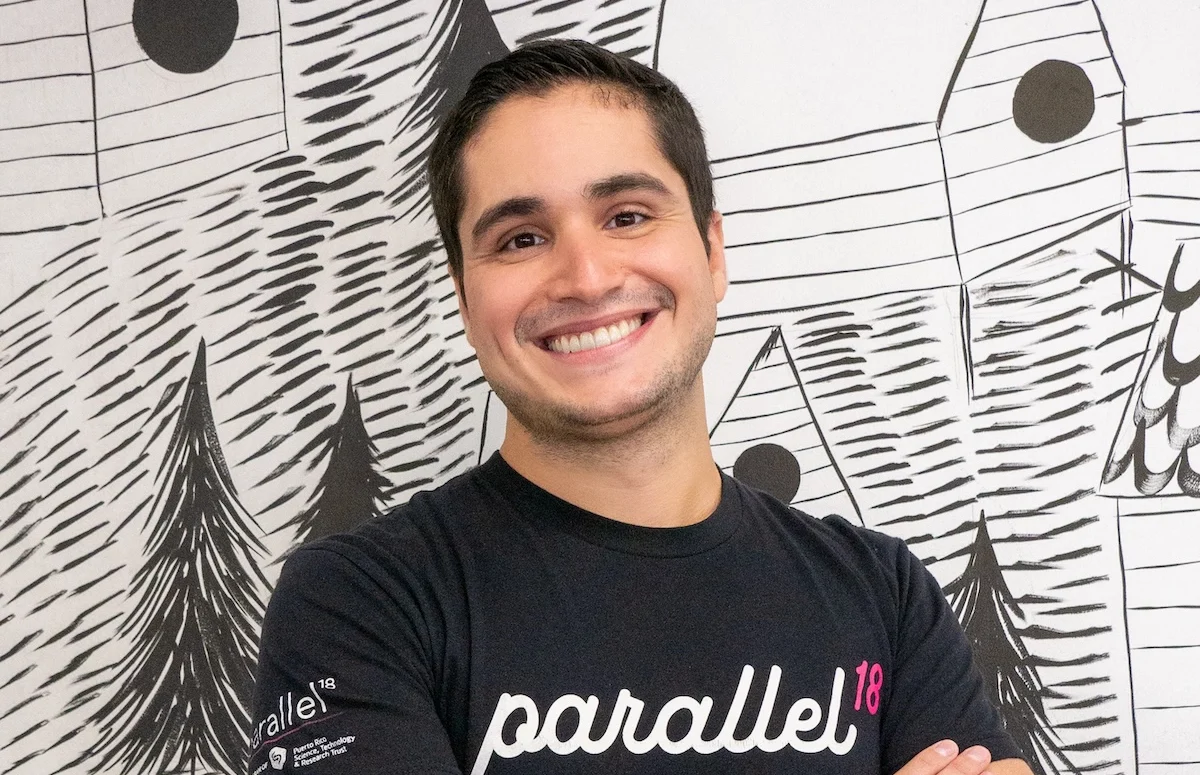
Por Contxto
July 2, 2024
At first, it caused a minor shockwave in the ecosystem. Latin American startups were fearful at the thought that major investors in the region like SoftBank and Tiger Global were retreating due to an internal strategy to withdraw from certain markets.
However, what appeared to be a setback at first soon became a powerful force that has been reshaping the region’s ecosystem ever since, with many new VCs filling in the space these big players left.
Latam countries were able to leverage the retreat of SoftBank and Tiger Global to unveil a series of opportunities – and lessons – for both local and international funds that before didn’t stand a chance.
With the influx of foreign capital diminishing, the spotlight shifted to native investors. As access to capital becomes scarce, entrepreneurs are forced to innovate with sustainability in mind, adopting bootstrapping practices and more risk-averse growth strategies. A retreat of risk capital means more competition for the small pools, and taking into consideration the complex macroeconomic environment, the few investors willing to allocate risk capital are requesting huge risk premiums for their money.
I remain bullish in the Latam innovation ecosystem. Let us point five areas where I believe Latam is leading the way after the retreat of the big VC players: Strong understanding of their ecosystem, the diversification of funding sources, the emergence of local talent, strengthened regional collaboration and mentorship beyond capital.
The local VC factor
Venture capitalists in Latin America had been largely overshadowed by foreign VC actors over the last few years. But now they are becoming central players. With their on-the-ground presence, local VCs are uniquely positioned to conduct comprehensive evaluations and due diligence that better align with the needs and realities of their local ecosystem. It’s that much harder to hoodwink a local VC that has extensive insight on what business people talk about behind closed doors, and a vast network of connections to vet you with. This proximity is also enabling a more prudent investment approach, fostering sustainable growth by reducing the risks associated with overinflated valuations or misguided ventures.
Besides that, local investors know their market and current dynamics, which helps them invest in culturally and socially relevant ventures. They can more easily directly observe operations, meet with founders frequently, provide a value-add through network expansion and understand the local consumer base better. This approach helps prevent the likelihood of bubbles being created, and to resist the powerful attraction of hypes.
A more diverse set of investors
Local firms, family offices, and regional financial institutions are now more actively participating in funding rounds due to less big player competition, creating a more robust and stable investment ecosystem.
This is fostering a healthier, competitive environment. It reduces the risk associated with over-reliance on any dominant investment channel, which could mitigate the impact of any single investor’s withdrawal in the future.
Startups are also benefiting from the diversification of funding sources. This shift has opened up access to capital, making it easier for a wider range of startups to secure the financial backing they need.
Local talent is having its moment
Local firms leading the way also means a renewed focus on nurturing local talent and fostering innovation that addresses the region’s unique challenges and critical social issues. The talent was there waiting to be put to work, as others have highlighted the highly skilled workforce of the region, as opposed to the usual preconceptions.
Local investors are more driven to identify ventures that have a tangible impact on their communities. They tend to have more awareness of the specific needs of their ecosystems. That means they know who to partner with to develop solutions that are tailored to the market conditions and consumer demands. From fintech solutions that improve financial inclusion to agritech innovations that boost agricultural productivity, this is a unique time for local investors to partner with local talent to move the needle on crucial issues.
Strength in numbers
Stronger regional collaboration is a key component driving Latam’s innovation machine. Local firms are increasingly building networks and partnerships across Latin America, enhancing the overall ecosystem’s connectivity and support structures. These collaborations express optimism on the future of the region. are crucial for sharing knowledge, resources, and best practices across borders in a way that may lead to more cohesive technological progress, and help weather business volatility and economic fluctuations.
The ultimate goal should be to create shared resources, such as incubators and accelerators, and to advocate for smart policies that support innovation and entrepreneurship while also expanding their footprint outside of their local ecosystems.
Beyond capital
Local firms have proved to be not only reliable investors but also mentors and strategic partners. Because they have a shared culture, they are better equipped to nurture the VC-founder relationship. Global investors sometimes lack a deep understanding of the region’s intricacies, while local ones can offer experienced advice on business development, market expansion, and navigating regulatory landscapes.
But not everything is about business guidance. Local investors also bring to the table an extensive network of regional connections. These factors can help startups thrive not only nationally but internationally.
It’s clear that the withdrawal of SoftBank and Tiger Global from Latin America, while initially challenging, has ultimately catalyzed a transformation in the regional investment landscape. As Latin America navigates this new era, the lessons learned from the transition will undoubtedly pave the way for a more robust and independent future.
—
by Héctor Jirau,
CEO, Parrallel18

Por Stiven Cartagena
September 15, 2025